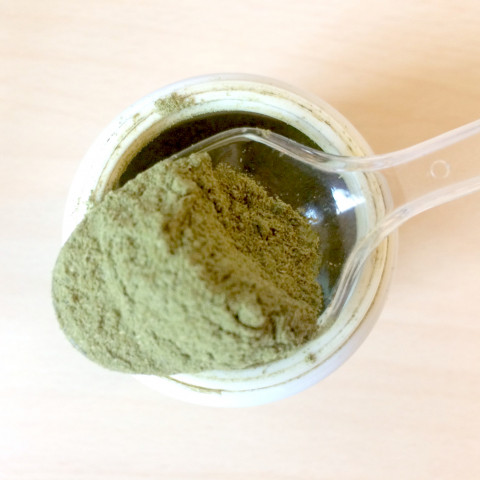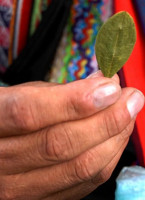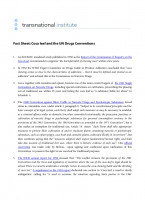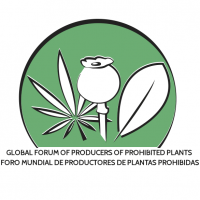Absolution in a judicial case of coca leaf in Spain
Topics
Regions
The legal victory in a small Spanish city is a great step for the legitimacy of the use of coca leaf, an ancestral practice that today has been recognized by a Spanish court

Tessa Kersten-Zenger
BARCELONA - The unprecedented resolution of a court case for coca leaf imports took place yesterday at the Provincial Court of Girona. F.T., a Colombian citizen living in Spain was acquitted of charges of drug trafficking after a large display of evidence and arguments about the historical, cultural, social and medicinal value of the coca leaf.
"This result represents a victory for human rights in relation to traditional plants victims of drug policies based on ignorance," says Dr. Constanza Sánchez, Director of Law, Policy and Human Rights Area of ICEERS Foundation.
The case began in 2014, when F.T. was arrested for mailing a package containing 2kg of ground coca leaf, used in millenarian practices in the Andean and Amazonian regions with different ceremonial, medicinal and nutritional purposes.
Accused of receiving "cocaine" and "moved by the purpose of distributing cocaine among third persons," the Prosecutor's Office requested 4 years of imprisonment, establishing at the same time that the amount of cocaine that was intended to be obtained was 6.3 grams (note that, according to the doctrine of the Spanish Supreme Court, the threshold for possession of cocaine for personal consumption is set at 7.5 grams).
After several years of extensive process, on March 15, 2017, the trial of F.T. finally took place, ending with the removal of the charges by the Public Prosecutor and the acquittal of the accused (the official sentence is still due). The F.T. defense team, led by Barcelona lawyer Roberto Castro, and integrated by ICEERS and TNI, has reached an unprecedented goal in a coca leaf case in Spain, with potential impact in other European countries.
"Currently, coca leaf use in its natural state is no longer restricted to indigenous territories and populations, but is expanding because of its stimulating, nutritional and medicinal properties," says Pien Metaal of the Drugs and Democracy Programme of the Transnational Institute (TNI).
The defense expert's work focused on the legal status of the coca leaf, international debates on its classification in international drug treaties, its alleged health benefits and its role of social cohesion both in the original contexts and in the Andean diaspora around the world. Also, the revival of coca leaf use outside the limits of what would be considered traditional or indigenous in purist terms, was emphasized. Finally, the experts argued the absurdity of importing two kilos of ground leaf with the purpose to extract cocaine for later distribution, something that was evidenced during the trial after declaring the experts of both the defense and the National Institute of Toxicology.
"The consumption of coca leaf is incomparable to the consumption of cocaine. There is no scientific evidence that chewing coca leaves is harmful to health. Rather, there is increasing evidence to the contrary, for example, its effect as a stabilizer of blood glucose levels, a benefit of paramount importance with numerous medical applications, "said Dr. José Carlos Bouso, Scientific Director of ICEERS Foundation.
During this process, not only the innocence and honor of F.T. has been demonstrated, but also the historical error of the prohibition of the coca leaf and of cultural practices that surround it.
Experts who can be contacted for more information:
Dr José Carlos Bouso, jcbouso@iceers.org
Dra Constanza Sánchez, constanzasanchez@iceers.org
Pien Metaal, pmetaal@tni.org


